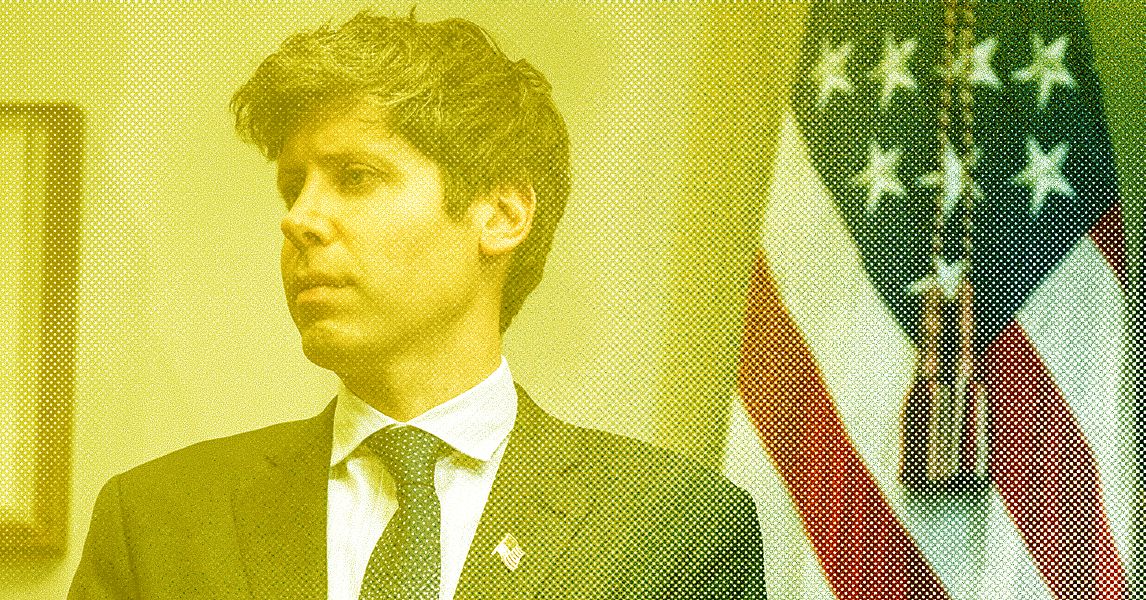Zoë Schiffer: Totally. Yeah. It’s been really interesting to watch this play out in real time. One thing I heard from a couple of sources who are quite close to basically all of these tech billionaires is that at the inauguration, they didn’t actually know that they were going to be positioned directly behind Trump for that photo op until the photo was being taken.
Jake Lahut: Yeah, that’s crazy.
Zoë Schiffer: And there was a moment of panic where they were like, oh, I don’t know. Do we want this to be … And then it was happening, and I think everyone was just like, “No, we’re going in. We have no choice.”
Jake Lahut: And it’s history.
Zoë Schiffer: Exactly.
Jake Lahut: It just lives forever now.
Zoë Schiffer: But you can just imagine, I think there were these opportunities to be like, do we distance ourselves? Do we not? And I’m sure they feel like they have no choice because they ultimately want their companies to win, but clearly they have made the call that there’s almost no concession they aren’t willing to make with the Trump administration if it means their firm comes out on top.
Jake Lahut: Yeah, it’s just too key of a window for these companies of this next three to five year span and who is going to be in leading position. And also they should just be aware. This is a move in Trump’s playbook. If you remember the Michigan governor, Gretchen Whitmer, when she was in the Oval Office and covered her face with a folder because she didn’t know that she was going to be in there with the whole White House press pool, Trump and his people know this move really well. They basically just trap … They set a trap for you and you can’t leave at that point. And then you have quite literally a visual reminder of their association with you. And that gives the Trump administration and Trump himself more leverage over you in the medium and long term.
Zoë Schiffer: Right. I mean, ultimately it seems like it doesn’t really matter for them. Maybe they’ll get critiqued, but people are probably still going to use their tools. But an even bigger thing that they are getting, a bigger concession they’re getting from the Trump administration is that, for example, we heard Trump recently talk about fair use and say really, really publicly in a press briefing in front of the nation, like, “Oh, you can’t expect these AI firms to pay for every single piece of content that they’re training on,” basically in real time, trying to redefine the definition of fair use, which is currently being adjudicated in the courts. But we had the President coming out and saying, “Really firmly I side with the AI companies on this, not necessarily the content creators,” which is a huge win. I mean, this is an existential issue for them if the President felt the opposite way. And so I think they’re willing to put up with a lot because of that.
Jake Lahut: Totally. Just too much money to be made and Trump hates books too much.
Zoë Schiffer: That’s our show for today. We’ll link to all the stories we spoke about in the show notes. Make sure to check out Thursday’s episode of Uncanny Valley, which is about why premium chatbot subscriptions are suddenly priced around $200, and whether they can actually live up to this hype. Adriana Tapia produced this episode, Amar Lal at Macro Sound mixed this episode, Kate Osborn is our executive producer, Condé Nast Head of Global Audio is Chris Bannon and Katie Drummond is WIRED’s Global Editorial Director.

